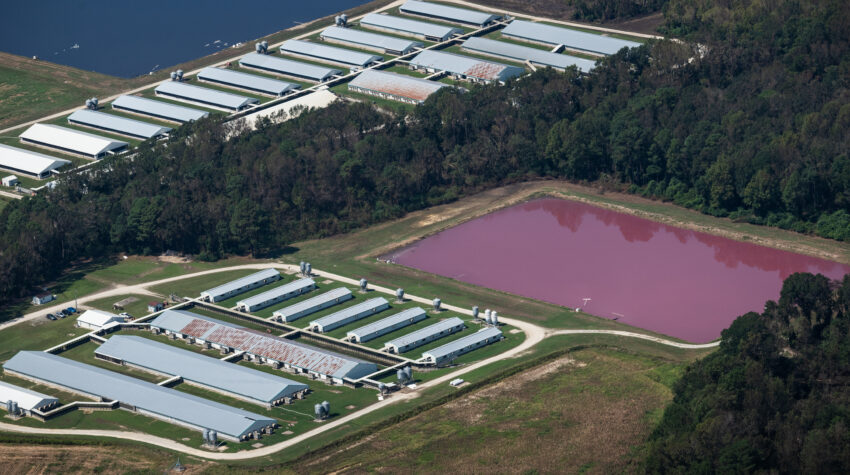
September 29, 2025Animal Law & Policy Program, Media ReleaseH.R.4673, the “Save Our Bacon Act,” Could Jeopardize Hundreds of State Regulations New Legislative Analysis Finds
For Immediate Release: 29 September 2025
The Brooks McCormick Jr. Animal Law & Policy Program at Harvard Law School published a legislative analysis of H.R.4673, the “Save Our Bacon Act,” a bill introduced in the U.S. Congress in July.
Although the legislation is a direct response to animal welfare measures such as California’s Proposition 12 (Prop 12) and Massachusetts’s Question 3, the report finds that the potential scope of H.R.4673 is broad and could extend into areas not originally anticipated.
The report traces the origins of H.R.4673 to earlier legislative efforts, including the “Ending Agricultural Trade Suppression Act” (EATS Act), introduced in the 118th Congress, and the King Amendment. While narrower than the EATS Act, H.R.4673 has the same goal: to override state standards on livestock and livestock products brought within a state.
Key findings in the report highlight that enactment of H.R.4673 could:
- Affect hundreds of state and local laws and regulations related to livestock production and livestock products that are intended to protect public health, farmers, and consumers, such as vaccination and food safety requirements
- Nullify animal disease and pest prevention measures, such as state protections related to avian influenza and screwworm
- Create significant legal uncertainty regarding the enforceability of state standards, including livestock importation requirements in every state
- Generate costly and lengthy litigation in response
- Undermine investments farmers have already made to comply with higher animal welfare standards, such as Prop 12
- Put small and local farmers who benefit from state standards at a disadvantage while incentivizing regulatory rollbacks and creating regulatory gaps
- Shift longstanding state authority to the federal government, raising questions about the balance of power between federal and state governments
The report concludes that while the full scope and effects of the legislation are difficult to predict, enacting H.R.4673 likely would prolong uncertainty for regulators, consumers, and farmers nationwide and create new uncertainty regarding livestock importation. The report includes an appendix with over 600 examples of potentially affected state laws and regulations.
This research builds upon a 2018 report on the “Protect Interstate Commerce Act” and a 2023 report on the EATS Act published by the Brooks McCormick Jr. Animal Law & Policy Program.
–Ends–
Media Contact:
Kelley McGill
[email protected]
About Harvard Law School’s Brooks McCormick Jr. Animal Law & Policy Program
The Brooks McCormick Jr. Animal Law & Policy Program at Harvard Law School is committed to analyzing and improving the treatment of animals through the legal system. The Program engages with academics, students, practitioners, and decision-makers to foster discourse, facilitate scholarship, develop strategic solutions, and build innovative bridges between theory and practice in the rapidly evolving area of animal law and policy.
